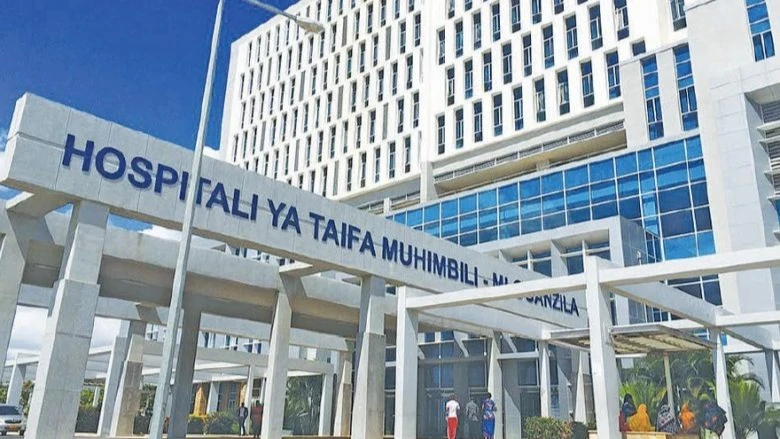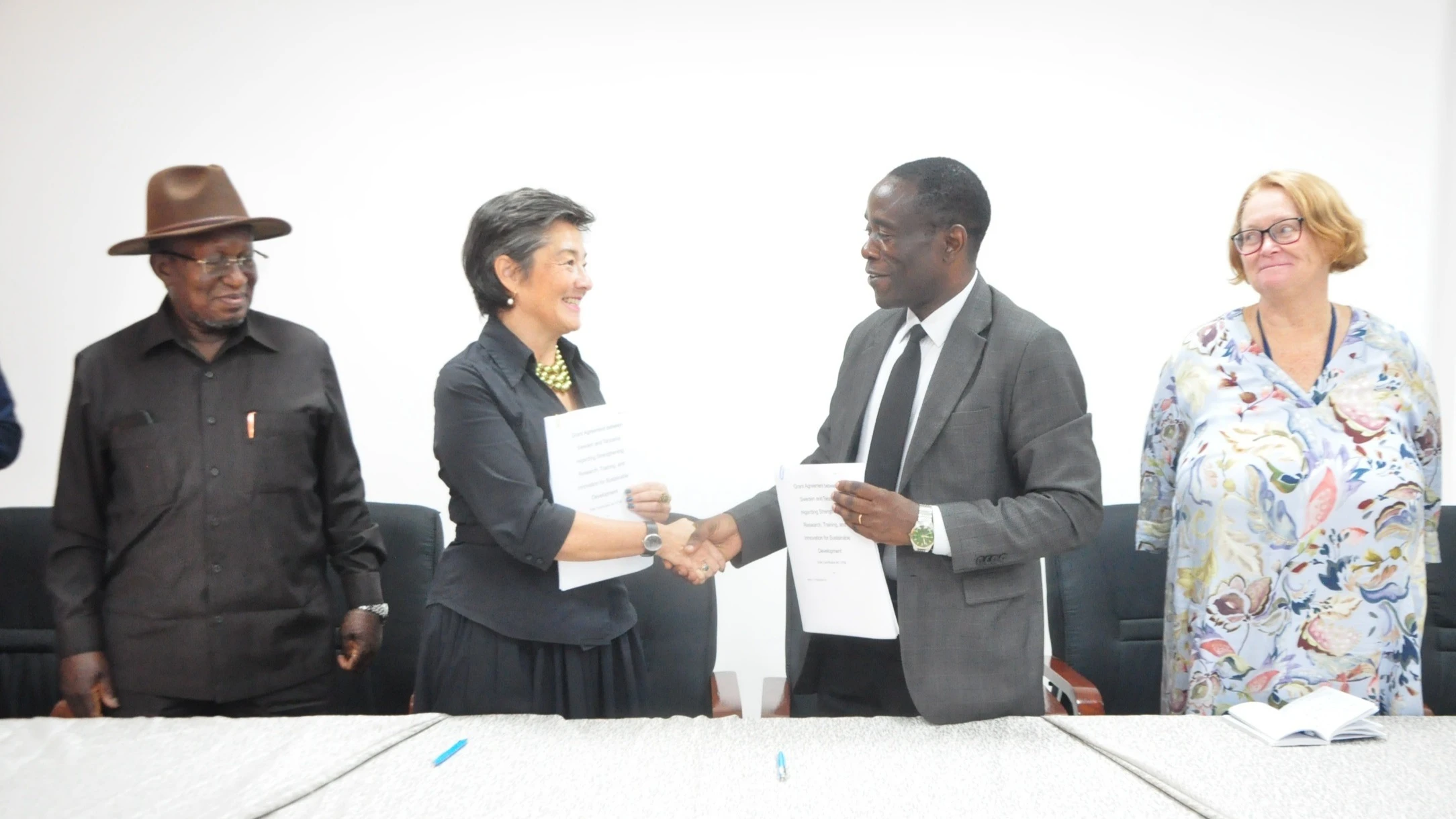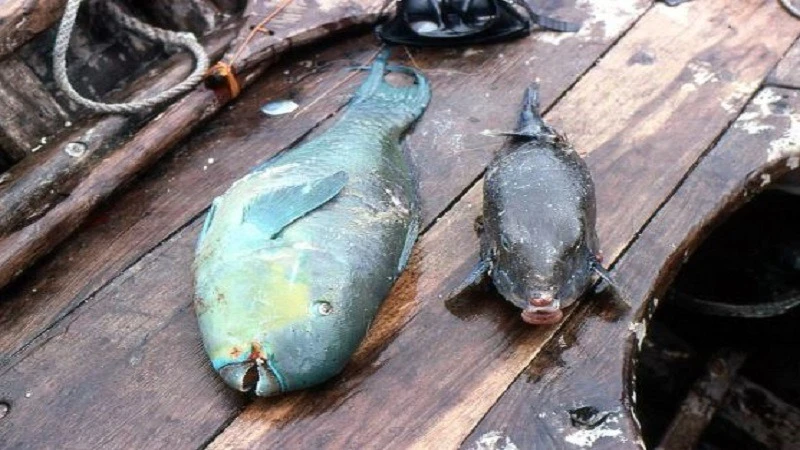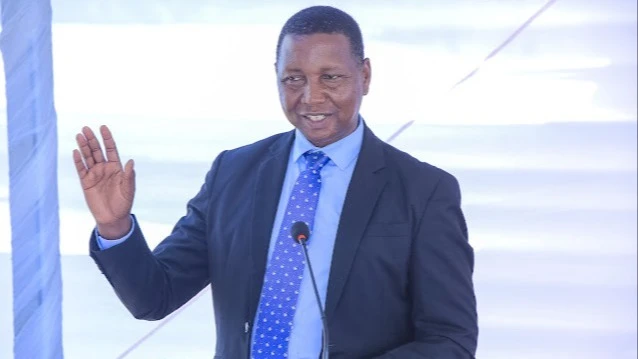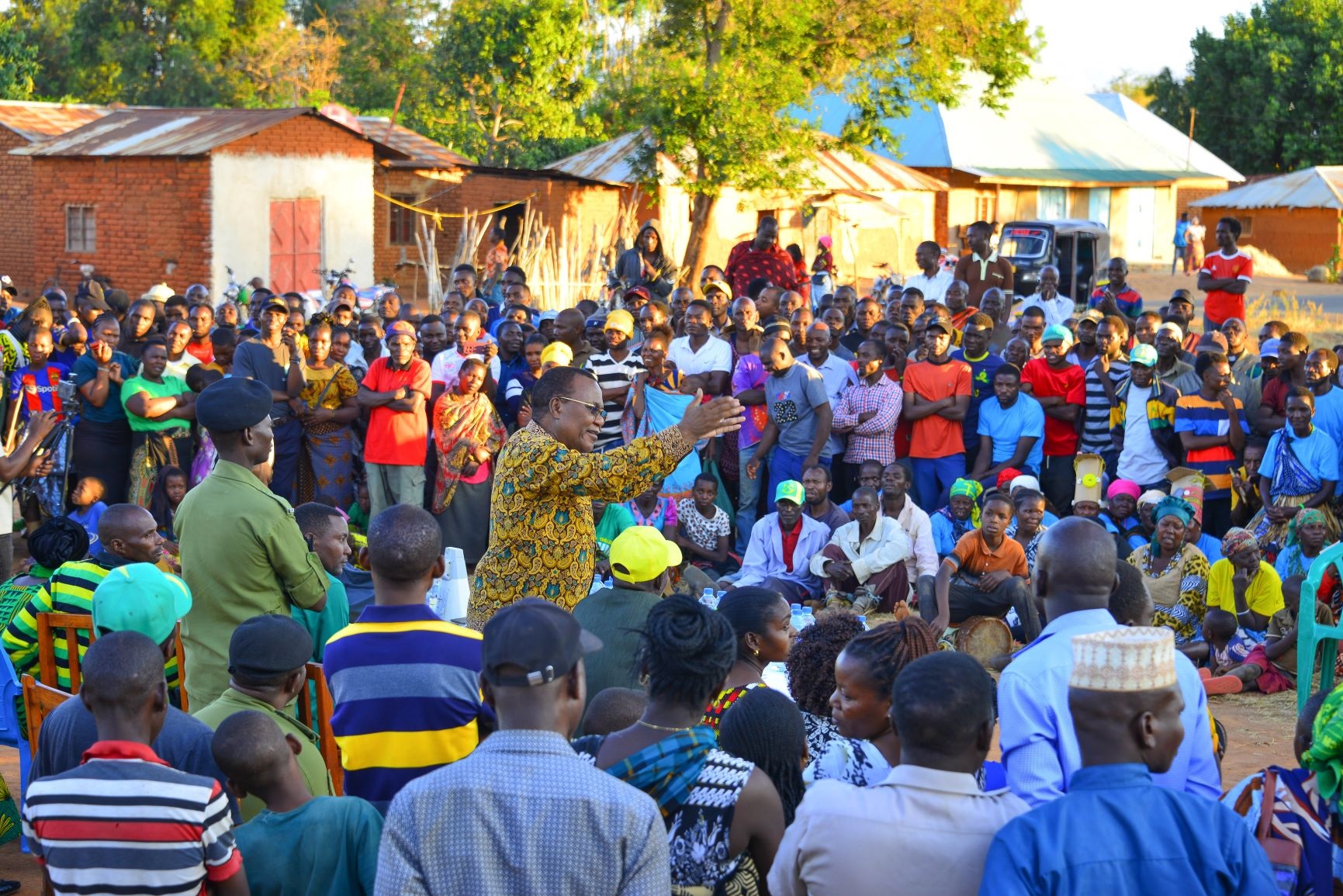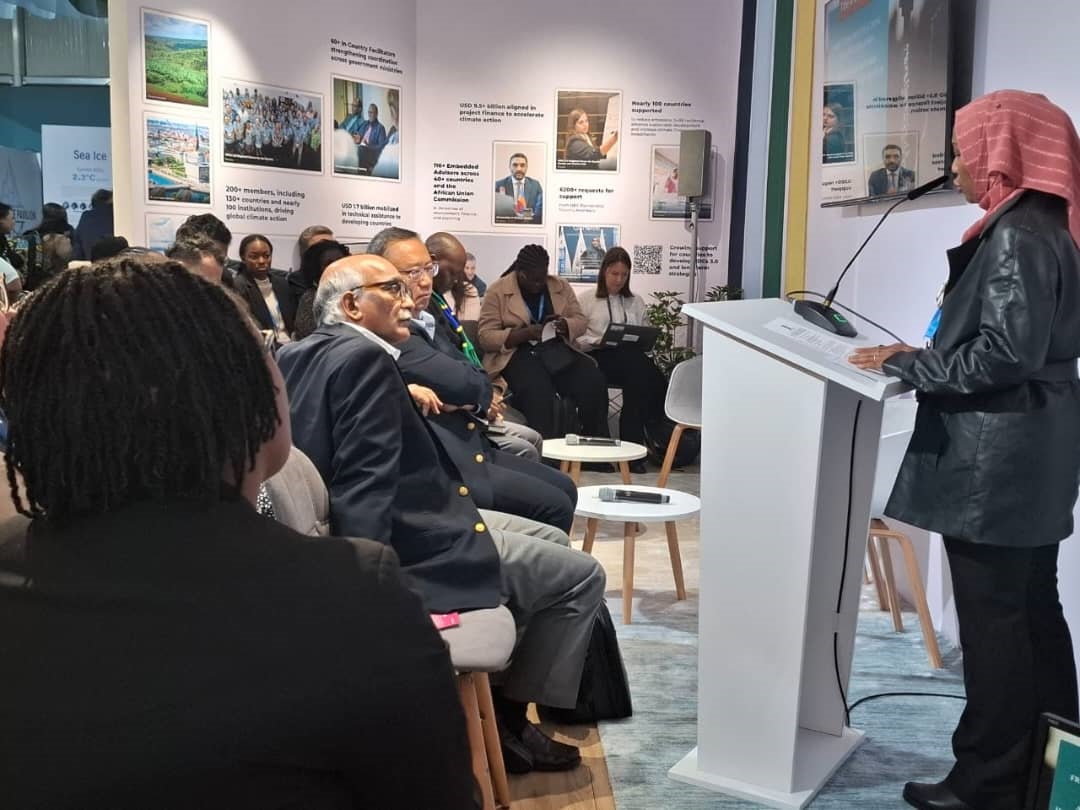Faulty designs, feasibility cost Tanroads 130.51bn/-
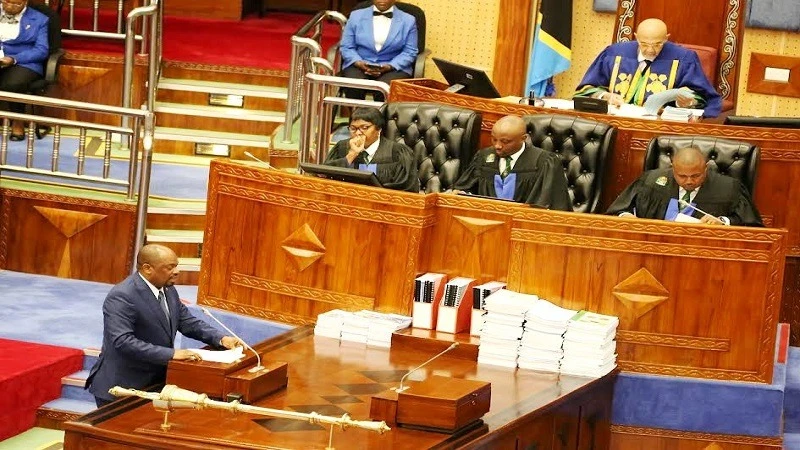
TECHNICAL audits at the Tanzania National Roads Agency (TANROADS) by National Audit Office raised queries where Tanroads incurred substantial cost overruns of 130.51bn/- on six road projects due to inadequate feasibility studies, design flaws, contract management issues and delayed payments.
Controller and Auditor General (CAG) Charles Kichere released summaries of 299 audited financial audit reports, noting that 99 percent had unqualified opinions.
That was the same as the previous year but in contrast, one report counted as one percent obtained a qualified opinion, arising from understatement of expenditure in its social sector, he said.
Inadequate feasibility studies were the main fault, resulting in 44.97bn/- overruns, as crucial site conditions like topography, soil and hydrology were not accurately assessed, necessitating significant adjustments during project execution, the CAG lamented.
Furthermore, delayed payments led to an accumulation of 42.8bn/- in interest, while project completion delays required compensating contractors 29.87bn/- and consultants an additional 18.88bn/-, he said, noting that a notable 3.99bn/- payment was unjustifiably made to Tanroads Engineering Consulting Unit (TECU) without a formal contract.
“These overruns highlight an urgent need for Tanroads to improve its feasibility study protocols, design review processes, contract management, and payment systems to mitigate such financial issues in the future,” he stated.
The annual general audit report on audited development projects for fiscal 2022/23 was unveiled at the National Assembly yesterday, showing a diverse array of financial mismanagement practices.
The compliance audit for procurement and budget management for 299 reports concluded that 130 reports showed compliance with procurement laws and 69 were compliant with exceptions. Similarly, 251 reports were compliant with budget laws while 48 were compliant with exceptions, he affirmed.
The CAG’s analysis of 299 management letters on development projects found 2,982 outstanding recommendations, of which 40 percent were implemented, 26 percent were in progress, 29 percent were unimplemented, nine percent were reiterated and six percent were overtaken by events, he stated, evaluating the state of implementation of previous year’s recommendations.
Analysis of 299 financial statements for 2022/23 showed that total project funds received stood at 6.50trn/-, out of which 4.19trn/- was spent, a balance of 2.31trn/-left as of 30th June 2023, the report noted.
Expenditure management audit showed that the Ministry of Education, Science and Technology (MoEST) borrowed 4,549,015,746/- from SEQUIP and LANES II, and was yet to refund the two agencies, the CAG indicated.
Tanroads, MoEST and TASAF failed to withhold 1,118,230,367/- in tax, with TASAF and Tanroads withholding 5, 216,572,492/- while failing to remit the funds to the Tanzania Revenue Authority (TRA), he stated.
“The total unremitted taxes and not withheld amounted to 6,334,802,859/-. Further, I noted that six projects, five implemented by TANESCO and one by AUWASA, had a balance of unpaid compensation of 13.69bn/- for 567 affected persons. Five projects owed 12.67bn/-,” he said.
The Tanzania Solar development project had 1.02bn/- but despite nearly completing the projects 97 to 100percent, compensation payments remained outstanding, he said.
He pointed at MWAUWASA as having used inappropriate national restrictive competitive tendering instead of international competitive tendering in the acquisition of services priced at 3.55bn/- for a reinforced concrete water reservoir in Kisesa town, Mwanza Region. It was implemented under the Lake Victoria Water and Sanitation Project (LVWATSAN.
“This limited the participation of leading suppliers and hindered procurement at competitive prices,”’ he emphasised.
Kichere further found that the SEQUIP Programme under PO-RALG paid 1,528,253,924/- to local technicians for constructing secondary school buildings in Lindi municipality, Mtama and Kilwa districts without formal contracts.
He castigated the implementation of the Arusha sustainable urban water and sanitation delivery project for completing 15 deep wells at 9.16bn/- costs, which were finalised in May 2023.
Despite the successful completion, there was an absence of water distribution infrastructure connecting the boreholes to end users, rendering the project non-operational, he said.
PO-RALG mandated the construction of pre-primary model schools phases I and II, with 12, 252,675,000/- allocated to 197 schools across 160 LGAs under the LANES programme.
Yet, during a site visit in August 2023, audit officials found that completed buildings worth 1,395,600,000/- across 25 LGAs were unused due to the absence of essential furniture and water supply for the constructed pit latrines, the report noted.
Furthermore, the Dar es Salaam Bus Rapid Transit (BRT) Infrastructure Phase 2 Lot 1 project implemented by Tanroads had an additional project cost of 28.05bn/- due to changes in design, inadequate feasibility studies and design review before project commencement, he pointed out.
Interest charges amounting to 3.08bn/- were billed too various organisations due to delayed contractor payments and non-utilization of loan facilities, he stated, with Tanesco charged 2,129,506,978/-, being 69 percent of additional payments to total costs, for delays in utilising the loan facility for the Tanzania Zambia Interconnection Project (TAZA).
Tanroads was on the other hand charged 874,996,553/- for late payments to contractors and commitment charges for non-utilization of loan balances, he affirmed.
The Ministry of Water and the Ministry of Natural Resources and Tourism faced charges of 25, 004,367/- and 47, 851,268/-, respectively, related to delays in settling claims of contractors in implementing the Second Water Sector Support Project and the Resilient Natural Resource Management for Tourism and Growth respectively.
Top Headlines
© 2024 IPPMEDIA.COM. ALL RIGHTS RESERVED









